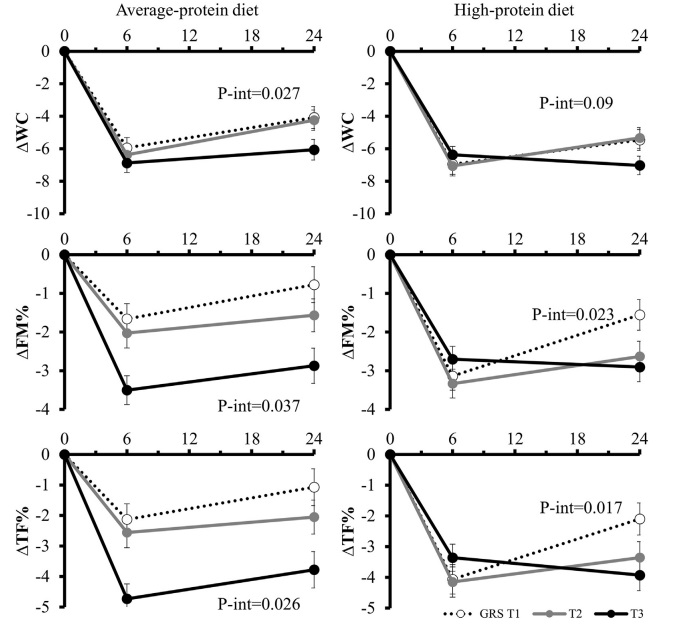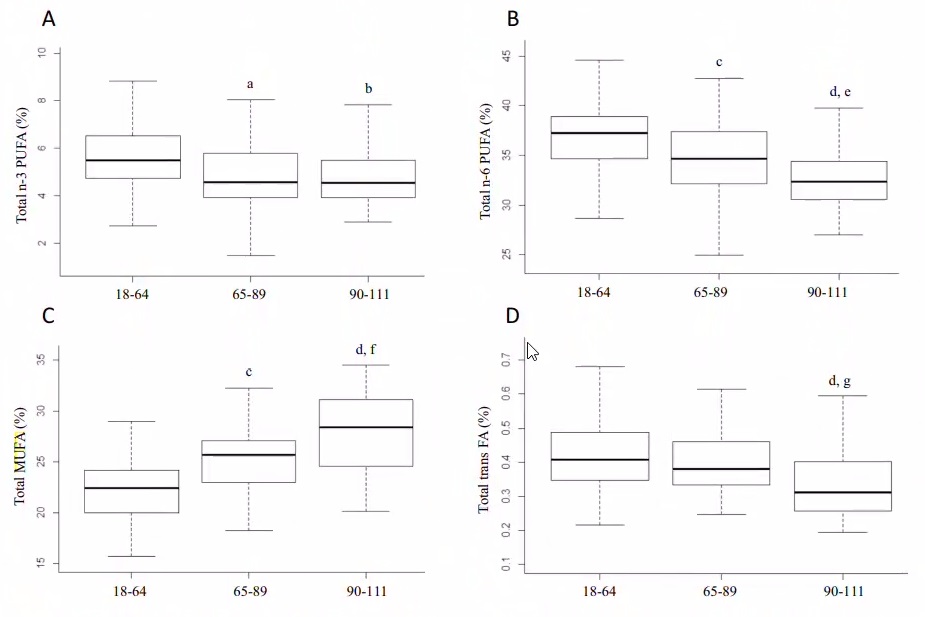
This narrative review explores the mechanisms of action and efficacy of caffeine and the potential for combinations of caffeine and other dietary compounds to exert psychological effects in excess of those expected following caffeine alone.
Key Points:
- Caffeine, when taken alone, is associated with reasonably consistent ergogenic and psychological benefits. However, its effects on mental performance are limited, and do not encompass benefits to several sport-relevant cognitive domains.
- Caffeine is typically consumed alongside other bioactive compounds.
Evidence suggests that products derived from caffeine-synthesising plants, including high polyphenol cocoa, guaraná and coffee extracts, engender mental performance benefits that exceed those expected from their caffeine content.
Similarly, multi-component energy drinks and shots may be more effective than their caffeine content.
- Further research disentangling the comparative contributions of caffeine and other co-consumed bioactive ingredients to their combined effects is required in order to inform future recommendations.
Mental Performance and Sport: Caffeine and Co-consumed Bioactive Ingredients (open access)
doi.org/10.1007/s40279…
#nutrition #diet #caffeine #exercise #Workout #TrainHard #GymLife #GymTime #muscle #strength #lift #GetStrong #cardio #hiit
doi.org/10.1007/s40279…
#nutrition #diet #caffeine #exercise #Workout #TrainHard #GymLife #GymTime #muscle #strength #lift #GetStrong #cardio #hiit
• • •
Missing some Tweet in this thread? You can try to
force a refresh











